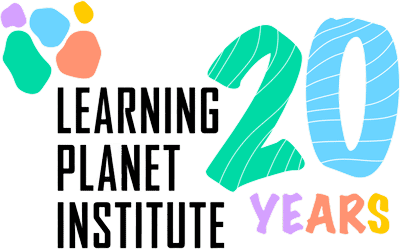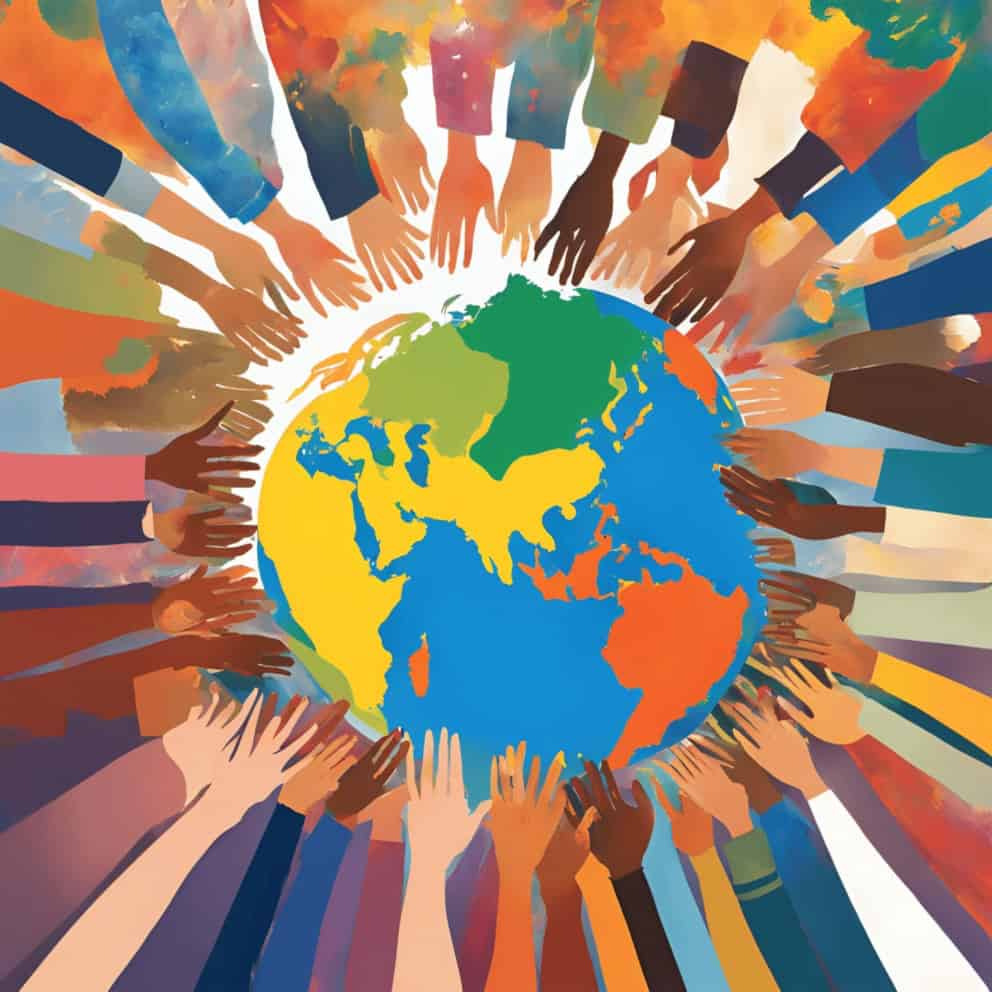Les guerres ont longtemps été considérées comme inévitables, mais au XXIe siècle, elles menacent la survie même de l’humanité. Le pouvoir destructeur des conflits s’accroît de manière exponentielle : la robotique militaire autonome, la guerre pilotée par l’intelligence artificielle et les armes thermonucléaires font peser des risques qui échappent au contrôle de l’homme. Dans le même temps, le dérèglement climatique, le stress écologique, la polarisation politique et l’aggravation des inégalités engendrent une instabilité qui alimente de nouveaux conflits susceptibles de dégénérer en une ultime guerre mondiale.Face à cette complexité croissante, les outils diplomatiques traditionnels – tels que les négociations et les traités fondés sur les États – ne suffisent plus. De nouvelles approches de consolidation de la paix sont nécessaires, impliquant à la fois des acteurs étatiques et non étatiques, dans le respect des principes de sécurité humaine. Ce dont nous avons besoin de toute urgence, c’est d’un nouveau paradigme qui vise non seulement à mettre fin aux guerres, mais aussi à les rendre obsolètes : en créant des conditions systémiques qui empêchent les conflits violents de se poursuivre, en donnant aux nouvelles générations de dirigeants les moyens d’agir et en généralisant les pratiques qui normalisent la vie sans violence.Le lancement de l’Atlas des pratiques d’avenirs pacifiques et l’inauguration du Centre offensif mondial pour la paix à Maribor à l’automne 2025 marquent deux étapes importantes sur cette voie – en fournissant à la fois une vision et des outils pratiques pour aider à façonner des avenirs où la guerre n’est plus une option. Les organisations à l’origine de ces initiatives – Learning Planet Institute et World Academy of Art & Science (WAAS) – se réunissent avec leurs partenaires dans le cadre d’une table ronde commune afin d’explorer les conditions de la construction d’une société fondée sur la paix.Questions à explorer dans la table ronde
- Pourquoi devons-nous changer d’urgence notre approche de la construction de la paix – et comment ? Qu’est-ce qui rend les approches traditionnelles insuffisantes face à l’accélération des risques et de l’instabilité, et quel rôle la technologie (y compris l’IA) peut-elle jouer pour faire progresser la paix pour tous ?
- Quelles sont les conditions nécessaires pour rendre la guerre obsolète au 21e siècle ? Comment devons-nous faire évoluer la gouvernance, la culture, l’économie et la technologie pour que la guerre ne soit plus viable ?
- Comment donner à la prochaine génération les moyens de nous conduire vers un avenir pacifique ? Quels outils, pratiques et réseaux mondiaux peuvent équiper les jeunes leaders pour orchestrer une paix systémique ?
présentateurs
- Donato Kiniger Passigli, Vice-président de WAAS, Fondateur de The Global Peace Offensive
- Pavel Luksha, fondateur de Global Education Futures, chercheur associé et responsable de l’initiative Peaceful Futures à l’Institut Learning Planet
participants à la table ronde
- Judy Foster, PDG de Stop Ecocide International
- Luka Martin Tomažič, vice-recteur à la recherche de l’université Alma Mater Europaea, chercheur juridique pour l’université Columbia Global Freedom of Expression
- Peace Monica Pimer, fondatrice et directrice exécutive, Nile Girls Forum
- Janani Ramanathan, secrétaire générale de WAAS, associée principale de recherche à The Mother’s Service Society
- Darlene Shelton, PDG de Peace Channel

